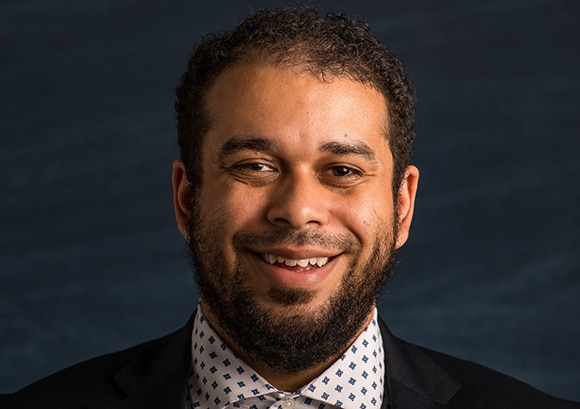People convicted of criminal offenses deserve an opportunity for repair and restoration without being trapped in a downward and never-ending spiral of debt and poverty. However, they are often stripped of this opportunity because of the vast array of harmful fines and fees (also called legal financial obligations, or LFOs) that the courts levy upon them. The reality is that the majority of people in the criminal legal system don’t have the resources to pay these fines and fees. House Bill 1169 is a good move toward removing LFO debt and other barriers to successful re-entry.
Community members who've been convicted shouldn’t spend the rest of their lives being saddled with ruinous debt because courts are underfunded. They deserve a chance to successfully move past their sentence. Share on XThis bill would rightly eliminate mandatory fines and fees – specifically, the Crime Victim Penalty Assessment (VPA) and DNA collection fee – for people who do not have the ability to pay. In the current system, courts are nonsensically required to impose these monetary sanctions even when they know the person cannot make payments. In eliminating these mandatory LFOs, this legislation moves toward more reliable state funding for victim and witness services and for DNA laboratory needs.
And as the bill moves to the Senate, it’s important to set the record straight regarding some of the specifics of House Bill 1169. There is a false narrative that eliminating these LFOs will mean that victims of crimes* won’t receive restitution. However, the truth is that the fines and fees that will be eliminated by this bill are used to fund the operations of county courts. The money that goes to VPA funds does not go to victim restitution.
The VPA funds services within county prosecutors’ offices focused on facilitating testimony by victims and witnesses. The DNA collection fee pays for DNA sample collection and operation of the state DNA database.
These court services are a public service that need to be funded by public dollars. The bill would rightly help courts to get more reliable funding from the state – rather than off the backs of people with low incomes or experiencing poverty.
There are several revenue options that lawmakers could unlock this session to help ensure our state budget can better fund courts and other community services and programs.
It’s important to remove any incentive for courts to charge people higher fines and fees to fund legal services. The current setup of these mandatory fines and fees does not contribute to the intention of making victims whole – instead, the intention is to generate revenue for trial services. The lack of sufficient and reliable funding for courts and legal services ultimately lessens the quality of courts.
House Bill 1169 will also have an outsized positive impact on Black, Indigenous, and People of Color and people with disabilities given the fact that these communities are disproportionately surveilled and arrested by police and convicted by courts.
Community members who have been convicted of offenses shouldn’t spend the rest of their lives being harassed by creditors and saddled by ruinous debt because courts are underfunded. They deserve a chance to successfully return home and move past their sentence.
Read more about the need to eliminate fines and fees in this brief, and read our testimony calling to abolish the use of monetary sanctions as punishment for youth in this blog post.

